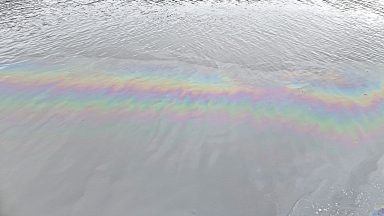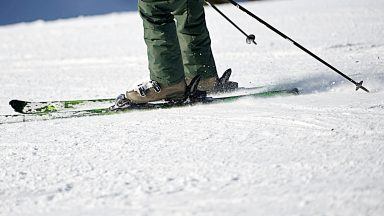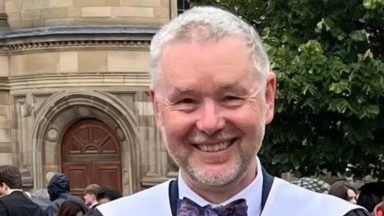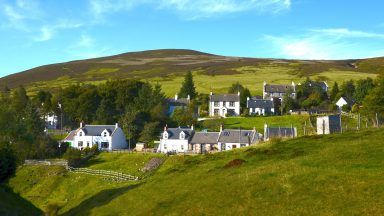Scotland’s first case of coronavirus has been confirmed.
Clinicians are now trying to trace the patient’s recent steps to establish who they have been in contact with in recent weeks.
The patient lives in the Tayside area and recently travelled from Italy.
First Minister Nicola Sturgeon will later take part in the UK Government’s resilience meeting, chaired by the Prime Minister, while the Scottish Government Resilience Committee is expected to meet for a second time.
Nearly 700 tests for COVID-19 have been carried out in Scotland, with 698 negative results and one positive outcome.
But how does the situation affect you and what should you be doing?
Key symptoms to look out for:
COVID-19 is a new strain of coronavirus first identified in Wuhan city, China. Worldwide there has been around 90,000 confirmed cases, with approximately 3000 deaths.
The common symptoms include:
- high temperature or fever
- cough
- shortness of breath
What can I do to reduce the risk of catching the coronavirus?
The advice given so far and reiterated by the Scottish Government and Health Protection Scotland has been quite simple.
You can reduce the risk of getting and spreading the virus by avoiding direct hand contact with your eyes, nose and mouth and maintaining good hand hygiene – that is washing your hands with soap and water or alcohol hand sanitiser.
This should be done after coughing or sneezing, going to the toilet and before eating and drinking.
You should also try to avoid direct contact with people that have a respiratory illness and using their personal items such as their mobile phone.
It is also key to cover your nose and mouth when coughing or sneezing with disposable tissues and binning of them immediately after use.
How dangerous is the virus?
Researchers believe fewer than 2% of people diagnosed from coronavirus will die, but its threat level depends on a range of factors, including age, lifestyle and other health conditions.
Is there a vaccine?
At the moment, there isn’t a vaccine or specific treatment for the virus.
What is the travel advice?
Travellers who have returned to Scotland from coronavirus hotspots are being told to isolate themselves for up to 14 days.
Guidance affects people who have arrived back from Iran, parts of northern Italy and South Korea, and Hubei province in China since February 19.
They are being told to stay indoors and avoid contact with other people, even if they do not have symptoms, and phone their GP or NHS 24 on 111 out of hours.
Follow STV News on WhatsApp
Scan the QR code on your mobile device for all the latest news from around the country




























